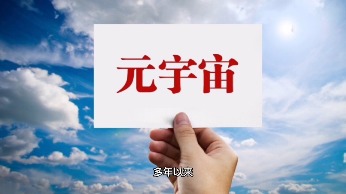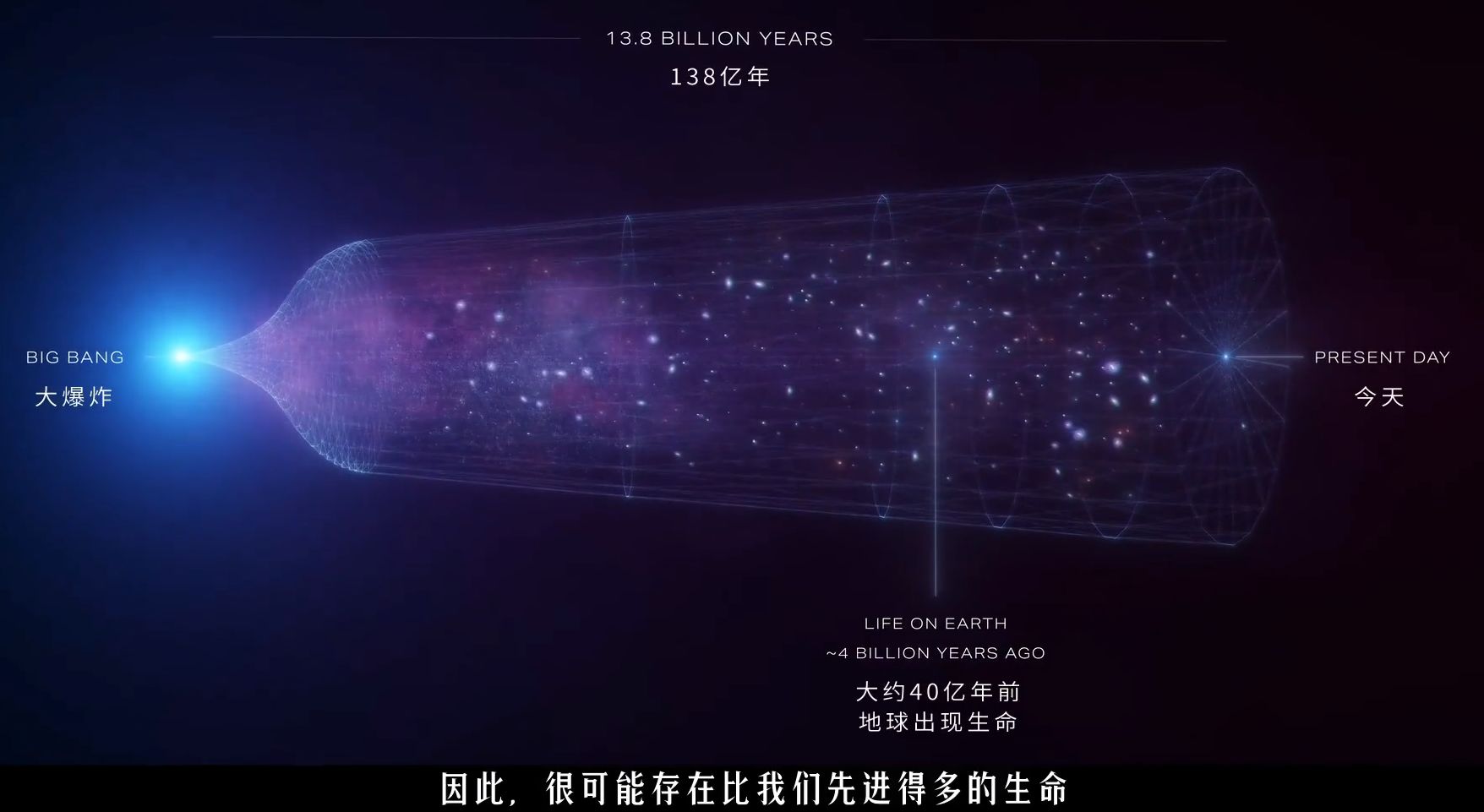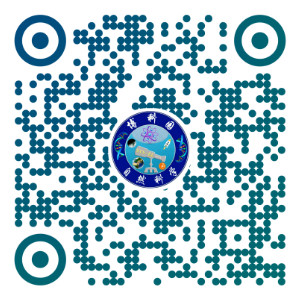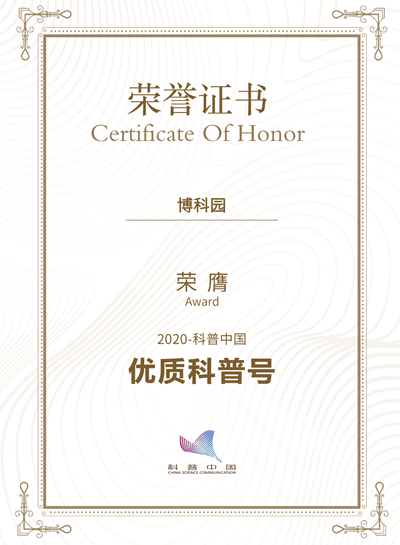史蒂文·温伯格(Steven Weinberg,1933年5月3日-),生于纽约,美国物理学家,1979年获诺贝尔物理学奖。
《Four golden lessons》,是美国物理学家、诺贝尔奖(1979)获得者Steven Weinberg发表在Nature-scientist 上的一篇文章,文章中,温伯格给即将入学的研究生总结了四条箴言。
Advice to students at the start of their scientific careers。
文章英文原文深入浅出,行文优美。是科学大师温伯格近50年科研生涯的感悟和总结。堪称经典,读后获益匪浅,受到很多科研大牛及导师力荐。
以下为《Four golden lessons》的中文译文/英文原文:
golden lessons1:
没人通晓一切,你也不必如此
No one knows everything, and you don’t have to.
我取得学士学位的时候,距今已经很遥远了。那时,物理学文献对我来说,就是一片广阔而未知的海洋。在开始任何研究之前,我都想仔细研究它每个部分的内容。因为,如果不知道这个领域的都已经做过的每个研究,我又如何能开展研究呢?幸运的是,读研究生的第一年,我运气很好。尽管我满心焦虑,但却得到了资深物理学者们的引导,他们坚持认为,我必须先开始研究,在研究过程中获取相关的知识。这就好比游泳,要么选择淹死,要么奋力游过去。令我惊讶的是,我发现这样做真的有用,我很快便获得了一个博士学位。尽管拿到博士学位时,我对物理学几乎一无所知,但是我确实学到了一个重要道理:没人通晓一切,你也不必如此。
When I received my undergraduate degree – about a hundred years ago – the physics literature seemed to me a vast, unexplored ocean, every part of which I had to chart before beginning any research of my own. How could I do anything without knowing everything that had already been done? Fortunately, in my first year of graduate school, I had the good luck to fall into the hands of senior physicists who insisted, over my anxious objections, that I must start doing research, and pick up what I needed to know as I went along. It was sink or swim. To my surprise, I found that this works. I managed to get a quick PhD – though when I got it I knew almost nothing about physics. But I did learn one big thing: that no one knows everything, and you don’t have to.
golden lessons2:
向混乱进军,因为那里才大有可为
Go for the messes – that’s where the action is.
如果继续用游泳来打比方,我学到的另一个重要道理就是:游泳时不想被淹死,就应该到湍急的水域去练习。上世纪60年代末,我在麻省理工学院教书时,一个学生告诉我,他想去研究广义相对论,而不是我本人研究的专业粒子物理学。他的理由是,前者的原理已广为人知,后者却好似一团乱麻。在我看来,他所说的恰好是做出相反选择的绝佳理由。粒子物理学还有许多创造性工作可以做,它在上世纪60年代确实像一团乱麻,但从那时起,许多理论和实验物理学家逐渐厘清这团乱麻,把一切(几乎一切)纳入一个我们现在所说的一个叫做“标准模型”的理论。所以我的建议是:向混乱进军,因为那里才大有可为。
Another lesson to be learned, to continue using my oceanographic metaphor, is that while you are swimming and not sinking you should aim for rough water. When I was teaching at the Massachusetts Institute of Technology in the late 1960s, a student told me that he wanted to go into general relativity rather than the area I was working on, elementary particle physics, because the principles of the former were well known, while the latter seemed like a mess to him. It struck me that he had just given a perfectly good reason for doing the opposite. Particle physics was an area where creative work could still be done. It really was a mess in the 1960s, but since that time the work of many theoretical and experimental physicists has been able to sort it out, and put everything (well, almost everything) together in a beautiful theory known as the standard model. My advice is to go for the messes – that’s where the action is.
golden lessons3:
原谅自己浪费时间
Forgive yourself for wasting time .
我的第三条建议或许最难被接受:那就是原谅自己浪费时间。学生们只被要求回答教授们(当然,不包括残忍的教授)认为存在答案的问题。但是,这些问题是否具有重要的科学意义也无关紧要——因为解答这些问题的意义只为了让学生通过考试。但在现实世界中,你很难知道这些问题是否重要,而且在历史的某一时刻你甚至无法知道这个问题是否有解。二十世纪初,包括洛伦兹(Lorentz)和亚伯拉罕(Abraham)在内的几位重要物理学家试图建立一个电子理论,部分原因是为了解释为何地球在以太中运动所产生的效应为何无法被探测到。我们现在知道了,他们在试图解决一个错误的问题。当时,没人能提出一个成功的电子理论,是因为那时还没发现量子力学。直到1905年,天才的科学家阿尔伯特·爱因斯坦才发现,需要研究的问题应该是运动对时空测量的效应。从这一思路出发,他才创建了狭义相对论。你永远也无法确定研究什么样的问题是正确的,所以你花在实验室或书桌前的大部分时间都会被浪费掉。如果你想变得富于创造性,那你就应该习惯自己的大部分时间都没有创造性,同样应该习惯在迷路在科学知识的海洋里。
My third piece of advice is probably the hardest to take. It is to forgive yourself for wasting time. Students are only asked to solve problems that their professors (unless unusually cruel) know to be solvable. In addition, it doesn’t matter if the problems are scientifically important – they have to be solved to pass the course. But in the real world, it’s very hard to know which problems are important, and you never know whether at a given moment in history a problem is solvable. At the beginning of the twentieth century, several leading physicists, including Lorentz and Abraham, were trying to work out a theory of the electron. This was partly in order to understand why all attempts to detect effects of Earth’s motion through the ether had failed. We now know that they were working on the wrong problem. At that time, no one could have developed a successful theory of the electron, because quantum mechanics had not yet been discovered. It took the genius of Albert Einstein in 1905 to realize that the right problem on which to work was the effect of motion on measurements of space and time. This led him to the special theory of relativity. As you will never be sure which are the right problems to work on, most of the time that you spend in the laboratory or at your desk will be wasted. If you want to be creative, then you will have to get used to spending most of your time not being creative, to being becalmed on the ocean of scientific knowledge.
golden lessons4:
学习科学发展史,至少你研究的领域要了解
Learn something about the history of science,
or at a minimum the history of your own branch of science.
最后的建议是:学习科学发展史,至少,你研究领域的历史要了解。最起码,历史可能为你自己的科研工作提供一定帮助。比如,过去和现在的科学家们常常会因为相信像培根(Francis Bacon)、库恩(Thomas Kuhn)、波普尔(Karl Popper)等古代哲学家们所提出的过分简化的科学模型而被阻碍。而挣脱古代哲学家思想束缚的最好方式,就是了解科学发展史。
更重要的是,对科学史的了解可以让你更加清楚自己工作的价值。作为一名科学工作者,你可能永远也不会变得富有;你的亲戚和朋友或许也永远不会懂你在做什么;更进一步,如果你在像高能粒子物理学这样的领域工作,你甚至无法获得做那种立竿见影的工作所带来的满足感。但是,如果你意识到你的工作是世界科学历史的一部分,你就能获得极大的满足感。
Finally, learn something about the history of science, or at a minimum the history of your own branch of science.The least important reason for this is that the history may actually be of some use to you in your own scientific work. For instance, now and then scientists are hampered by believing one of the over-simplified models of science that have been proposed by philosophers from Francis Bacon to Thomas Kuhn and Karl Popper. The best antidote to the philosophy of science is a knowledge of the history of science.
More importantly, the history of science can make your work seem more worthwhile to you.As a scientist, you’re probably not going to get rich. Your friends and relatives probably won’t understand what you’re doing. And if you work in a field like elementary particle physics, you won’t even have the satisfaction of doing something that is immediately useful. But you can get great satisfaction by recognizing that your work in science is a part of history.
回望百年前的1903年,谁是英国首相,谁是美国总统都已经不重要了。我们看来真正具有重要意义的,是卢瑟福(Ernest Rutherford)和索迪(Frederick Soddy)在麦吉尔大学揭示出了放射性的本质。这项工作当然有实际应用,但更重要的却是其中的内涵。对放射性的了解使得物理学家终于能够解释,为何历经数百万年后,太阳和地球的内核仍然炽热。从前许多地质学家和古生物学家认为太阳和地球有着极为巨大的年龄,这就消除了科学上对此最后的异议。自此以后,基督徒和犹太教徒要么不得不放弃相信《圣经》所记载的教义,要么不得不承认自己与理性毫不相干。从伽利略到牛顿,再到达尔文,再到现在的科学家,他们的研究一次又一次地削弱了教条主义的禁锢,而卢瑟福和索迪的工作只是其中的一步。当今,只要随便阅读一份报纸,你就会知道这项任务还未完成。不过,这是一项令社会文明化的工作,科学家应该为此工作感到骄傲。
Look back 100 years, to 1903. How important is it now who was Prime Minister of Great Britain in 1903, or President of the United States? What stands out as really important is that at McGill University, Ernest Rutherford and Frederick Soddy were working out the nature of radioactivity. This work (of course!) had practical applications, but much more important were its cultural implications. The understanding of radioactivity allowed physicists to explain how the Sun and Earth’s cores could still be hot after millions of years. In this way, it removed the last scientific objection to what many geologists and paleontologists thought was the great age of the Earth and the Sun. After this, Christians and Jews either had to give up belief in the literal truth of the Bible or resign themselves to intellectual irrelevance. This was just one step in a sequence of steps from Galileo through Newton and Darwin to the present that, time after time, has weakened the hold of religious dogmatism. Reading any newspaper nowadays is enough to show you that this work is not yet complete. But it is civilizing work, of which scientists are able to feel proud.



![[s-70]](https://www.bokeyuan.net/pic/image/emoji/cas/70.png)











